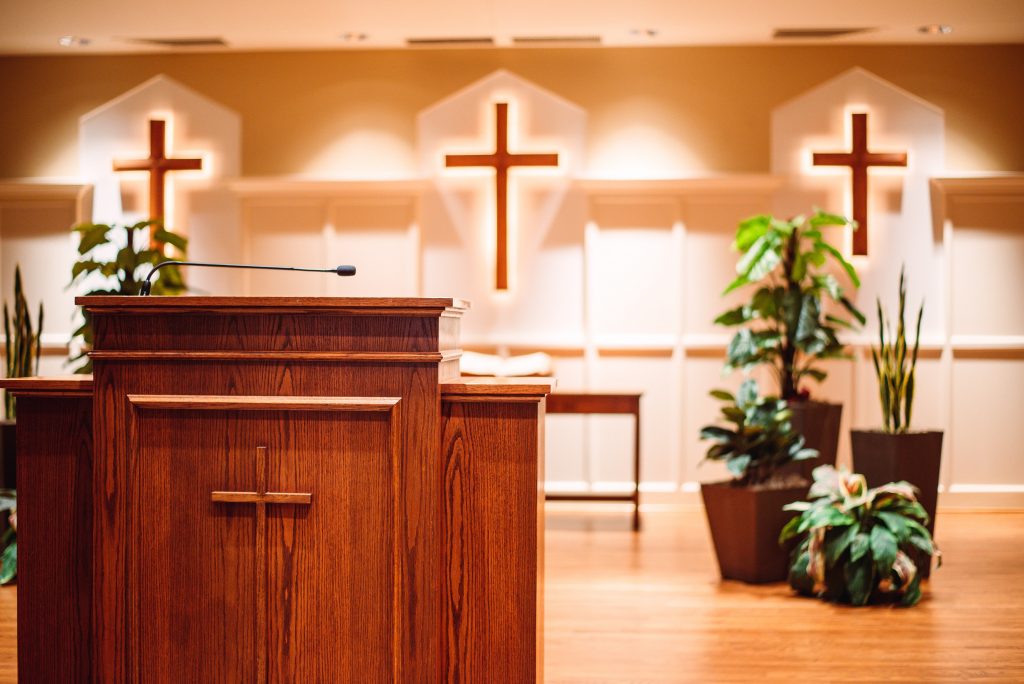Prioritizing Parental Rights and Abstinence in Sex-Education

This is part of Family Council’s ongoing series outlining the importance of traditional family values in society. Today’s installment focuses on appropriate sex-education in schools.
Sex-education has been a topic of intense debate in Arkansas and across the country over the decades.
Family Council generally opposes so-called “comprehensive sex-education” programs, because they encourage teens to engage in immoral behavior, and research shows they are generally ineffective or even counter-productive.
Instead, we support abstinence education, which has a good track record in Arkansas and elsewhere.
Below are a few points to consider.
Respecting Parental Rights in Sex-Education
Parents are the primary educators of their children, especially when it comes to topics like sex, and the state must respect parental rights.
Parents should have the right to teach their values, beliefs, and morals to their children. Comprehensive sex-education programs can undermine parental authority and encroach on the values parents want to impart to their kids.
The LEARNS Act that Gov. Sanders recently signed into law actually addresses this point by letting parents review potentially-objectionable public school material before it is taught to their children, and the law lets parents exempt their children from the curriculum if they want.
Age-Appropriate Instruction in Sex-Education
Comprehensive sex-education programs often fail to tailor the information to the child’s age and maturity level. That means they may expose young children to explicit images or other inappropriate content.
The LEARNS Act that Gov. Sanders recently signed into law actually addresses this by prohibiting sexual material in classroom instruction before fifth grade.
This includes instruction regarding sexual intercourse, sexual reproduction, sexual orientation, and gender identity.
This component of the LEARNS Act is similar to legislation enacted in Florida and elsewhere addressing inappropriate sexual material in elementary schools.
Arkansas has other laws in place that promote abstinence education in public schools after fifth grade.
Abstinence Education is Linked to Healthier Lifestyles Among Teens
Family Council supports abstinence sex-education, in part because research shows that encouraging abstinence addresses more than STDs and unintended pregnancies.
According to the CDC, teenagers who practice abstinence are healthier in nearly every way than teenagers who are sexually active.
Sexually-active teens have been found to be less healthy and engage in riskier behavior.
In other words, abstinence is linked to healthier lifestyles overall.
Comprehensive sex-education programs often focus on contraceptives and risk reduction without encouraging abstinence as a viable option. This leads to riskier behavior among teens.
Abstinence Sex-Education Has a Good Track Record in Arkansas
In the 1980s and 1990s, public officials in Arkansas promoted comprehensive sex-education. The programs failed to have a meaningful impact on teen pregnancy and abortion in Arkansas.
These programs focused on teaching public school students about contraceptive use.
During that time, Arkansas’ teen birth rate remained high, and teenagers were among those most likely to have an abortion.
In 1997 the state switched strategies, promoting abstinence-based sex-education in public schools. The results were nothing short of staggering.
Teen birth rates and teen abortion rates in Arkansas plummeted.
From 1997 to 2003, the teen abortion rate fell by approximately 37%, and the teen birth rate fell by 16%.
Governor Huckabee’s abstinence-based sex education of the late 1990s and early 2000s was more than twice as effective combating teen pregnancy and teen abortion as Governor Clinton’s and Governor Tucker’s contraceptive-based sex-education programs.
Family Council was pleased to support Arkansas’ good abstinence education program.
Conclusion
Three decades of data shows that abstinence education doesn’t just work; it’s much better than the comprehensive sex-education programs that groups like Planned Parenthood promote.
Comprehensive sex-education may infringe on parental rights, encourage teens to engage in risky behavior, and expose children to inappropriate material at school.
When it comes to sex-education, the choice is clear: Teaching abstinence is the way to go.
Articles appearing on this website are written with the aid of Family Council’s researchers and writers.





